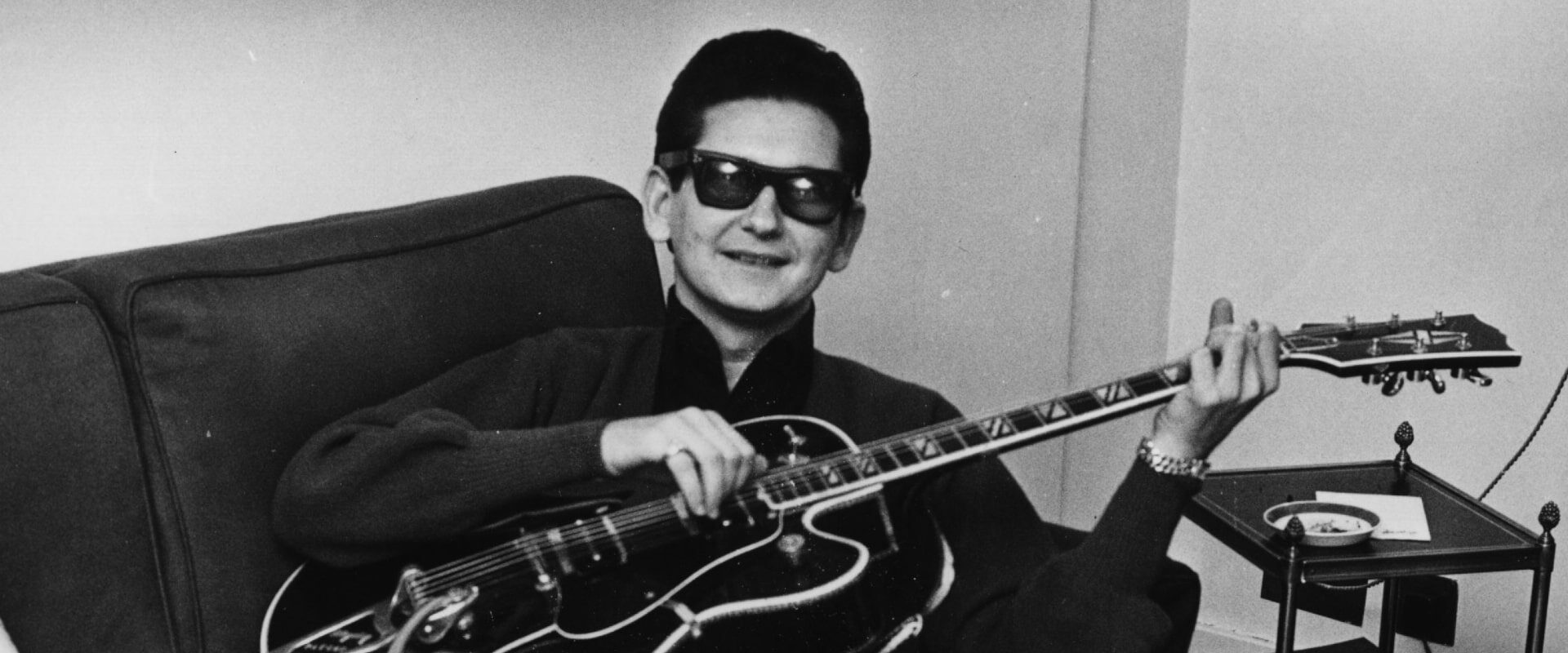On this day (October 8) in 1964, Roy Orbison was at No. 1 on the UK Singles Chart with “Oh, Pretty Woman.” The song was his third to top the UK chart and stayed at the peak position for three weeks. It was also his second and final No. 1 in the United States. Decades after its release, the song would help shape federal copyright law.
Orbison wrote “Oh, Pretty Woman” with Bill Dees and released it on August 15, 1964. The song was an international hit, topping the charts in the United States, the United Kingdom, Austria, Belgium, Canada, Ireland, New Zealand, Norway, Singapore, Switzerland, West Germany, and Hong Kong.
[RELATED: The Story Behind Roy Orbison’s Repeat Hit “Oh, Pretty Woman”]
The idea for the song came after Orbison’s then-wife, Claudette, interrupted a conversation between him and Dees during a songwriting session. She announced that she was going out to buy some things, and Orbison asked if she needed money. Dees cut in, saying, “Pretty woman never needs money.” After hearing this, Orbison started singing the first lines of the song.
“We wrote ‘Oh, Pretty Woman’ on a Friday, the next Friday we recorded it, and the next Friday, it was out,” Dees recalled. While it was one of the quickest songs he had ever been involved with, it left a permanent mark on American culture. In the decades since its release, the song has appeared in several movies and TV shows, including the 1990 romantic comedy Pretty Woman. The song also helped shape federal law in the United States.
Roy Orbison’s Enduring Hit Inspires a Landmark Federal Ruling
Twenty-five years after Roy Orbison released the song, and a year after he died, the rap group 2 Live Crew released a parody of “Oh, Pretty Woman.” The song appeared on As Clean As They Wanna Be, the edited version of their landmark As Nasty As They Wanna Be. Acuff-Rose Music, the publishing company that owns the rights to the song, sued the group.
After several appeals, the case went to the United States Supreme Court. After hearing the case, the highest court in the land found in favor of 2 Live Crew. Their ruling stated that parody fell under the fair use doctrine alongside criticism and commentary. This ruling opened the door for parody in music, film, and other forms of media.
Featured Image by Evening Standard/Getty Images

